One in Four Greeks at Risk of Poverty, ELSTAT Reports
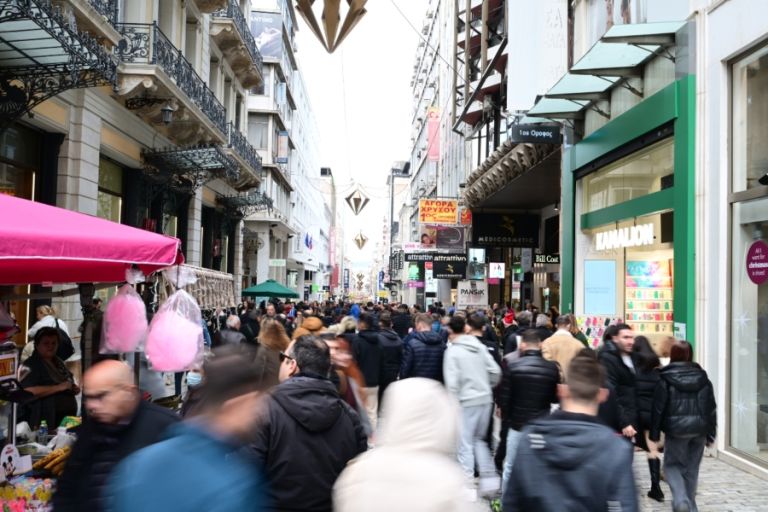
Πηγή Φωτογραφίας: Eurokinissi (Αρχείου)//One in Four Greeks at Risk of Poverty, ELSTAT Reports
A staggering one in four Greeks faces the risk of poverty, with children, women, and single-parent families most vulnerable, according to a revealing 2024 survey by the Hellenic Statistical Authority (ELSTAT).
The study, based on 2023 income data, highlights severe material and social deprivations affecting 14% of the population, who lack access to at least seven of 13 essential goods and services under the Europe 2030 deprivation index.
Rising Deprivation Across Age Groups
The survey shows a 0.5% increase in material and social deprivation in 2024 (14%) compared to 2023 (13.5%). While deprivation among children aged 0-17 decreased by 1.7% to 13.9%, it rose for adults aged 18-64 by 0.9% to 14.4% and for those over 65 by 0.5% to 12.8%. These figures underscore the growing economic strain on working-age adults and the elderly.
Economic Struggles Impact Daily Life
The survey reveals widespread financial difficulties:
- 56.5% cannot replace worn-out furniture.
- 42.8% struggle to pay rent, loan installments, or utility bills.
- 43.9% cannot afford unexpected but necessary expenses.
- 46% cannot afford a one-week vacation.
Housing challenges are also significant, with 27% of the population living in overcrowded homes. This rises to 36.9% for the poor and 56.7% for poor children under 17. Additionally, 34.4% of the poor lack adequate nutrition, unable to afford protein-rich meals every other day, compared to 5.6% of the non-poor.
Stark Contrasts Between Poor and Non-Poor
The poor face disproportionate challenges:
- 81.9% of the poor versus 34.6% of the non-poor cannot cover emergency expenses of approximately €480.
- 74.8% of the poor cannot afford a week’s vacation, compared to 39% of the non-poor.
- 43.6% of the poor struggle to heat their homes adequately in winter, compared to 13% of the non-poor.
- 56.1% of the poor have difficulty paying utility bills on time, compared to 19.2% of the non-poor.
Housing costs burden 88.9% of the poor, compared to 14.2% of the non-poor. Among those with consumer loans, 49.6% of the poor and 33.1% of the non-poor struggle with repayments.
Social and Health Impacts
Economic hardship limits social participation, with 26.9% unable to afford regular leisure activities like sports or cinema (54.1% for the poor). Additionally, 34.9% cannot spend on personal hobbies (62.9% for the poor). Health access is also compromised: 24.4% of the population, including 36% of the poor, could not access needed medical care in the past year, while 32% (59.4% of the poor) missed dental care.
A Glimmer of Resilience
Despite these challenges, 57.5% of Greeks report being very satisfied with their lives, though only 2.8% of the poor feel fully satisfied, compared to 5.9% of the non-poor. Trust in others remains low, with 39.2% of the poor and 39.3% of the non-poor expressing little to no trust in people.
A Call for Action
The ELSTAT findings paint a sobering picture of Greece’s ongoing economic challenges, urging policymakers to address the deepening inequalities affecting vulnerable groups. As the nation grapples with these realities, targeted interventions are critical to alleviate poverty and restore social cohesion.
Source: gct.com
Διαβάστε όλες τις τελευταίες Ειδήσεις από την Ελλάδα και τον Κόσμο









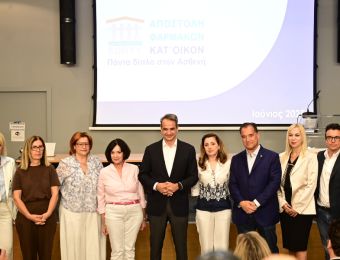
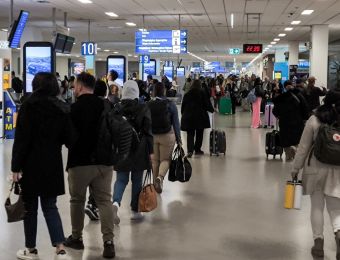




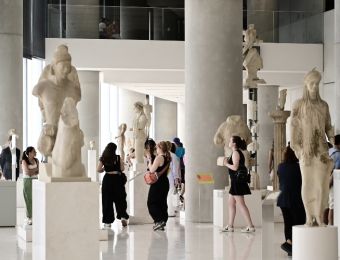

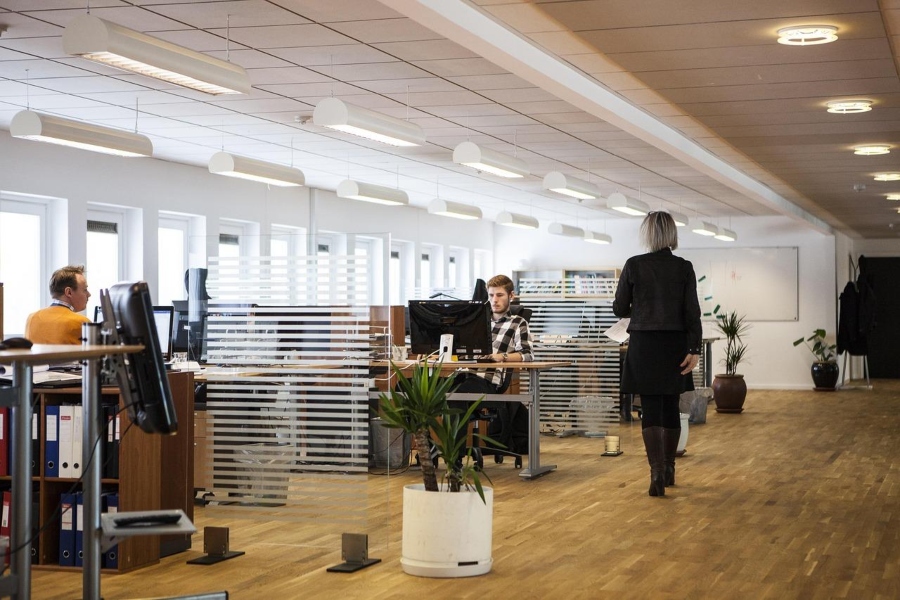

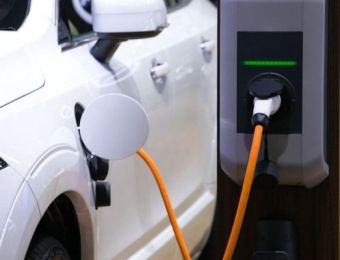

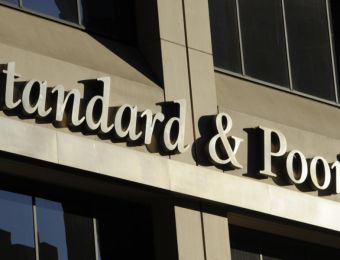

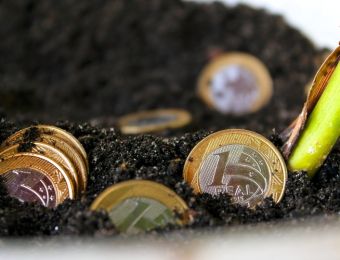







Το σχόλιο σας